“The first thing I’m going to do when I get home is…”
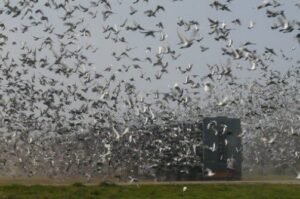 You prepare for the next race while this week’s race is in progress.
You prepare for the next race while this week’s race is in progress.
Heh, wait a minute!!! Shouldn’t we take things one race and one week at a time? Yes and no. We do take the races one at a time, or in my combine two at a time because we sometimes race a medium and long distance race on the same weekend. On the day of the return you actually have two different tasks. One is to recuperate the birds that are coming home and the other is to prepare the birds for the next race. Here are things to consider while preparing for the return.
1. Water
This is the most important thing your birds need when they return from a race. A bird can fly off almost 1/2 it’s body weight on a race. They exhaust their energy reserves while racing and a good portion of the weight they are loosing is water. If you change water pans normally in the evening, ensure you put fresh water in the loft the morning of the race. You may want to add electrolytes or some something else to the water on the day of return. While in the race truck, your birds probably drank from a community water tray. They were exposed to other birds and any ailments those birds might have had. So on the 2nd day after the return you will surely want to add a 3 in 1 or 5 in 1 medication as a preventive. On race day, I add 1/2 tsp on Clorox to a gallon of water for their drinking water.
2. Feed
There are many schools of thought on this. If you shipped a long distance race on Thursday and now it’s Saturday or Sunday, a returning bird is going to be famished. The danger is that they will gorge themselves on feed. Here’s where preparing for next week’s race can interfere with recuperating from this week’s race. If I am not going to be home for the return, I put barley in the feeder. The birds in the loft will not eat too much barley as they don’t care for it much. A bird returning will eat as much as he needs but won’t gorge. Feeding barely to returning birds along with the birds that remained home will not interfere with loading the birds for next week. You can think if it as feeding light to heavy. If you have a separate section for birds returning to enter you can place a small feeder with pellets. Pellets are nutritionally good, easy to digest but will cause a bird to need to drink lots of water. A returning bird will need to consume a lot of water anyway, so it’s a good way to feed them. I do not like to feed pellets to the birds that remained home and will be racing next week.
3. Bath Water
Not a necessity, but you’d be surprised to find out what things make your loft “home” for your birds. I like to have a fresh pan of bath water in the fly pen for the returning birds. It’ the perfect time to provide bath water for the birds that remained home. A returning bird who takes a bath will calm down, perch and preen themselves, assisting in their recover. We like to think the birds are flying to mates, eggs, nest etc. I had one bird 472 who would come home and run through the trap and the first thing she would do is dive to the fly pen and jump in the bath pan. She acquired the name “Calgon” for that trait. This pigeon also always laid a unusually large egg and small egg EVERY round. The large egg never hatched and it was determined later that the large egg was ALWAYS a twin yoke. A twin yoke egg is incapable of hatching. A twin embryo will develop but twins can not hatch and eventually they interfere with each other’s development. Adding bath water is just another enticement for the birds.
4. Access to their motivation:
What ever you used to motivate your birds should be available to them upon their return. If you are flying natural, they need to have access to their nest, eggs and mate. If you are flying widowhood or celibacy, the birds should have access to their mate or nest box. Accessing their motivation upon their return strengthens the use of that motivation in later races. Not giving them access to their motivation only causes that motivation to become less successful. Every fancier has strange stories. I heard one fancier who reported that when ever a certain cock returned from a race, it would fly to it’s nest box and would assault any bird in the box and kill any youngsters (yes his own). That’s a huge example of the motivation birds have. I would have eliminated the cock as I will not tolerate birds that will bloody any youngster. Just my personal choice, but I can also respect a bird that has that kind of passion. I selected based on behavior as well as racing ability.
5. Evaluate the birds condition
If you read the chapter on trap shyness you understand that as much as you want to handle a bird when he returns, you must wait a short wile. It’s important not to wait too long, as you will want to get an accurate assessment as soon as possible. Handling a bird will tell you a lot. If a bird has mud on his feet, he went down for water enroute. Check to see how much weight a bird has lost and check for fresh injuries. There are many times, even a well scoring pigeon may have struck and object on the way home. If you don’t notice it until days after the return, it may affect your decision to have flown the mate on the natural system. Keep records of their condition. Some birds will come home looking almost as fresh as when you shipped them. If they were early in the clock, that might mean they were in superior physical condition. If a bird is always late in the clock but looking fresh, it didn’t work hard. It didn’t race….it merely came home. Observations give us information. Recording information gives us data. Possessing data gives us the option of evaluating the data to discover even more important information. You may decide to change the way you prepare for a certain distance, or how you manage your team next year. Or you may discover you have an also ran that should be taken off the team before the season is even over.
6. Quarantine late birds
Late birds need to be placed in quarantine.
pigeon racing, racing pigeon, racing pigeons, race pigeon, race pigeons, racing homer, racing homers, pigeons racing, pigeon, pigeons, homing pigeons, homing pigeon, pigeons for sale, pigeon auction, pigeon forum, pigeon racing pigeon, pigeon racing pigeons


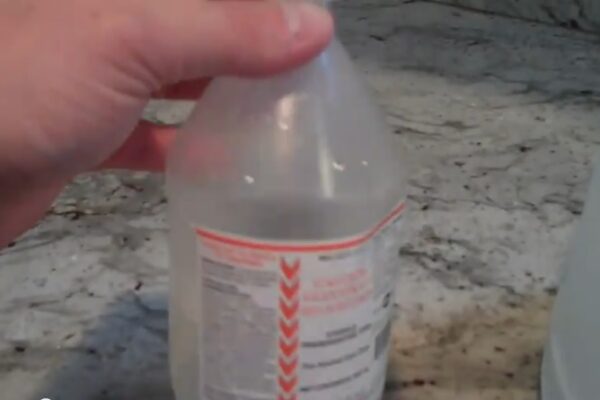
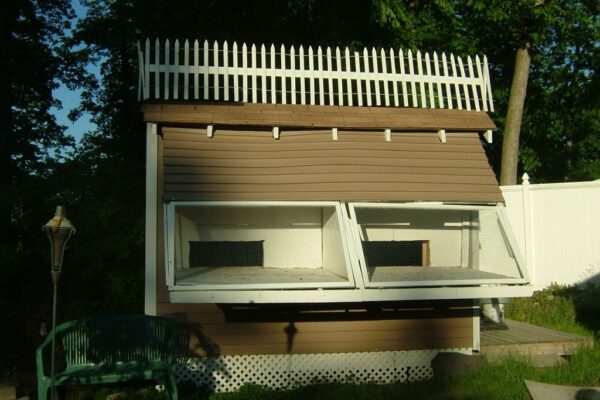
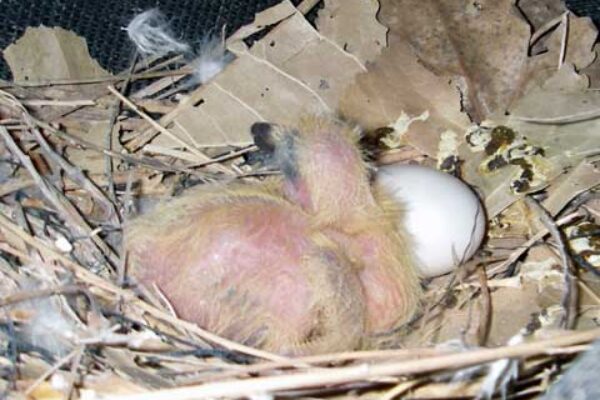

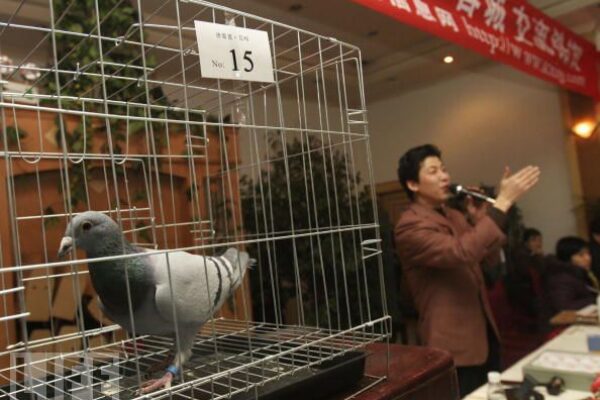
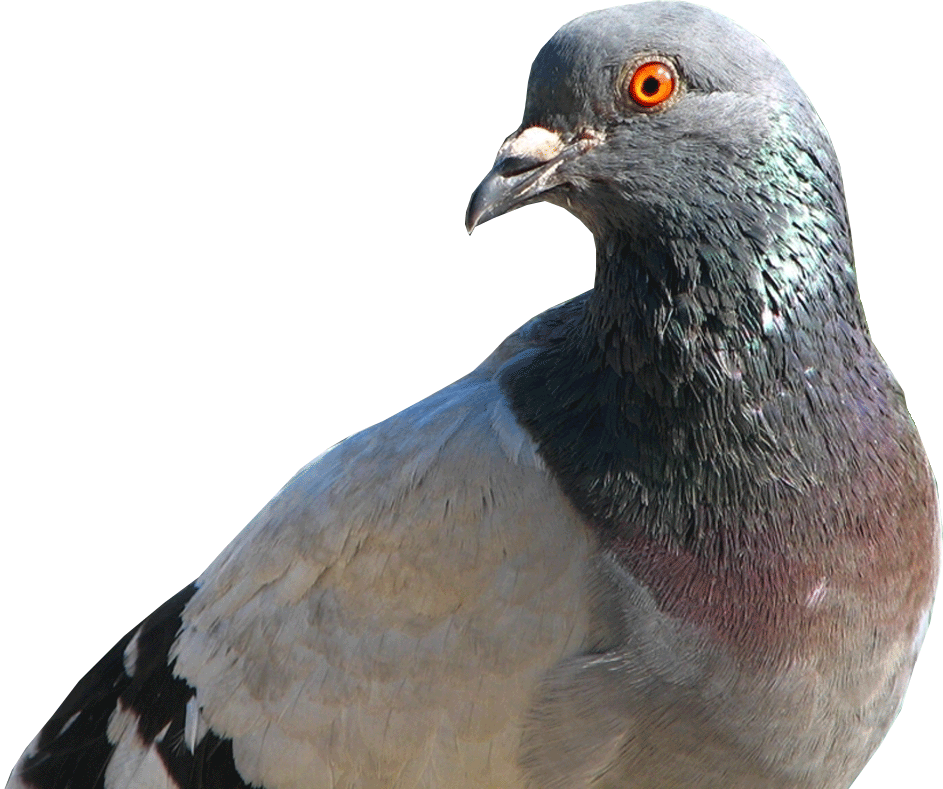
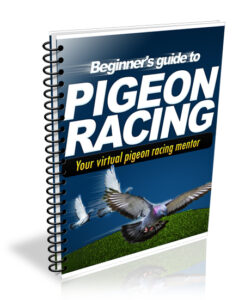
what do you mean clorox? the one we use to bleach clothes?
Please do not give your birds”Clorox” its used to clean water pans only never give to drink
About cocks that kill.My best line of racing cocks will not kill their own babies but will kill any other babies they can access.They are dominant cocks and will fight like hell,but they also race to win,and thats what counts.
great stuff! racing is hard on the birds. One thing when they are out exercising around the loft, or having a “free day” of enjoying the whole day to “putter” around the backyard. Quite another to be trucked far from home, & having to head back. “YES” they have had “practice”, but not the same as a race!! Instead of just the loft mates, there’s a crowd!
About the question on twins.It is possible for twins to be born.It is very rare but do happen.One of our “Vets” in South Africa wrote an article on this subject.